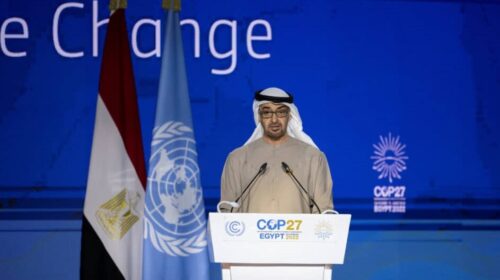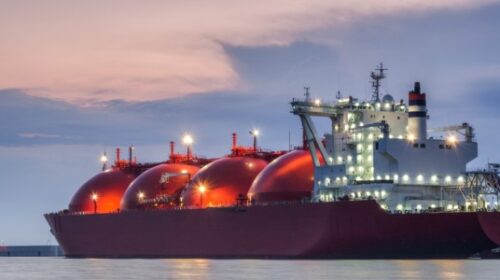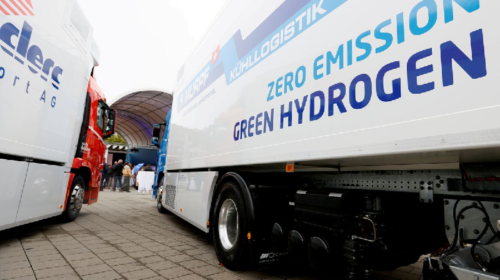The energy crisis is fuelling an acceleration of the rollout of renewable power, raising hopes for efforts to meet ambitious targets against global warming, the International Energy Agency said Tuesday. Total renewables capacity worldwide is set to almost double in the next five years and overtake coal as the largest source of electricity generation by 2025, the IEA said in a report. The 2,400-gigawatt growth between 2022-2027 is almost a third higher than last year’s IEA forecast, according to the Paris-based agency, which advises developed nations. This would help “keep…
Read MoreDay: December 6, 2022
Energy security, climate change and geopolitics
There is no question that the energy crisis has forced governments to reconsider their priorities, with climate change dropping down the list. Energy security is now prioritised and government actions reflect this, even in Europe. That has been reinforced by the final deal reached at COP27. It also explains why COP27 made so little progress on emissions reduction. There is increasing recognition that the world will still need secure and affordable supplies of oil and gas for a long-time to come. This was confirmed at COP27 by the majority of…
Read MoreEuropean Gas Consumption Is 24% Below The Five-Year Average
In November, Europe’s natural gas demand was 24% lower than the five-year average for the month, largely due to reduced industrial demand amid high prices. The lower gas consumption could be good news for European governments and utilities scrambling to ensure enough gas supply throughout this winter and possibly have some left in storage to begin stockpiling for 2023/2024 winter. With lower gas consumption and not much Russian gas flowing via pipelines, the EU has continued to cut its dependence on Russia, from around 40% of imported gas supplies before…
Read MoreBP Boubles Down on Hydrogen as Future Fuel
BP Chief Executive Bernard Looney is betting on hydrogen to power future low-carbon businesses as the governments of major economies stump up cash to develop the fuel to decarbonise. Low-carbon hydrogen already has a big fan-base and is forecast to play a major role in reducing greenhouse gas emissions from heavy industries and some forms of transport. But it is expensive to produce and often needs government support to compete against fossil fuels. The United States, for example, is offering large incentives for producing it under President Joe Biden’s $430…
Read MoreCoal importers demand 50pc cut in paid-up capital requirement
Coal importers have asked the government to reduce a Rs100 million paid-up capital requirement for a company to participate in a bid to supply the solid fuel for energy, cement, and other industries to Rs50 million, saying the high requirement of the capital was hindering many companies to participate in the competition and only a few companies always win the bid. The National Electric Power Regulatory Authority (NEPRA) held a public hearing with chairman of the authority Tauseef H. Farooqi in the chair to address concerns raised by independent power…
Read More







